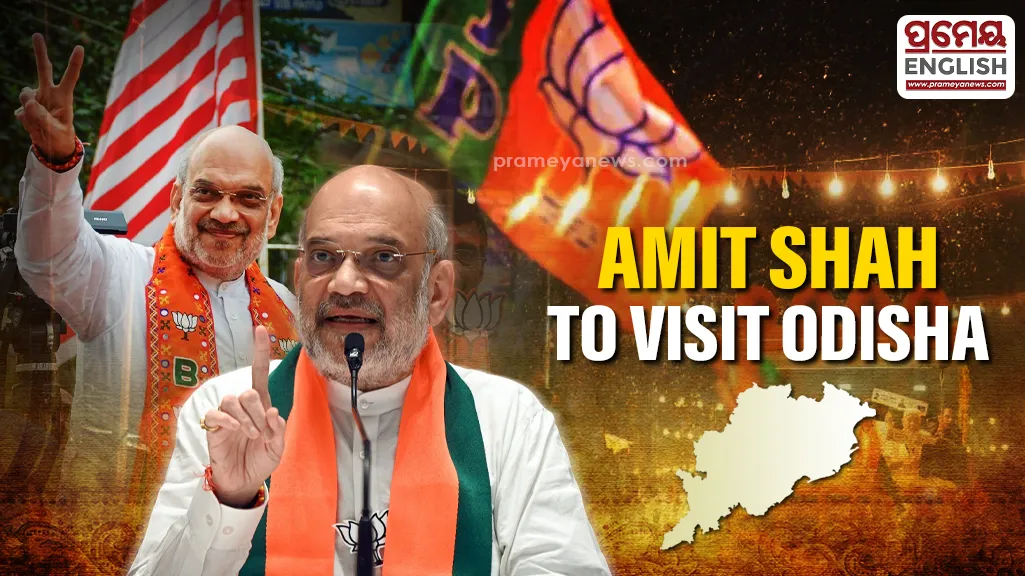

Bhubaneswar, Mar 5: Union Home Minister and Cooperation Minister Amit Shah is set to arrive in Odisha on Thursday evening for a two-day visit, officials said. He will land in Bhubaneswar from New Delhi aboard an independent Air Force aircraft.
On Friday morning, Shah will attend the CISF Foundation Day programme at Munduli, Cuttack. In the afternoon, he is scheduled to perform the foundation-laying ceremonies for the National Forensic Science University (NFSU) and the Central Forensic Science Laboratory (CFSL) campuses in Bhubaneswar. He will also inaugurate the NFSU Transit Campus in the city through virtual medium.
Following the Bhubaneswar events, Shah will visit the Nabina Judicial Complex exhibition, inaugurate various projects of the Cooperative and other departments, and lay foundation stones for multiple initiatives across the city.
Ahead of the CISF Foundation Day programme, the Cuttack administration issued directives to enhance lighting, cleanliness, and beautification along the Munduli route from Godisahi, including blacktopping of roads. The Cuttack District Collector also participated in the planning meeting via virtual medium.